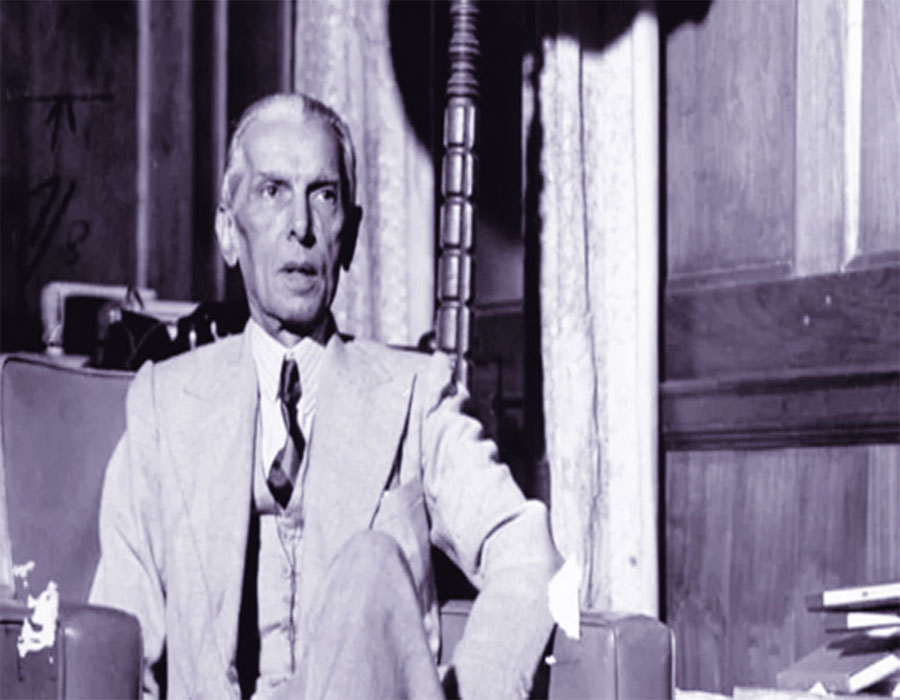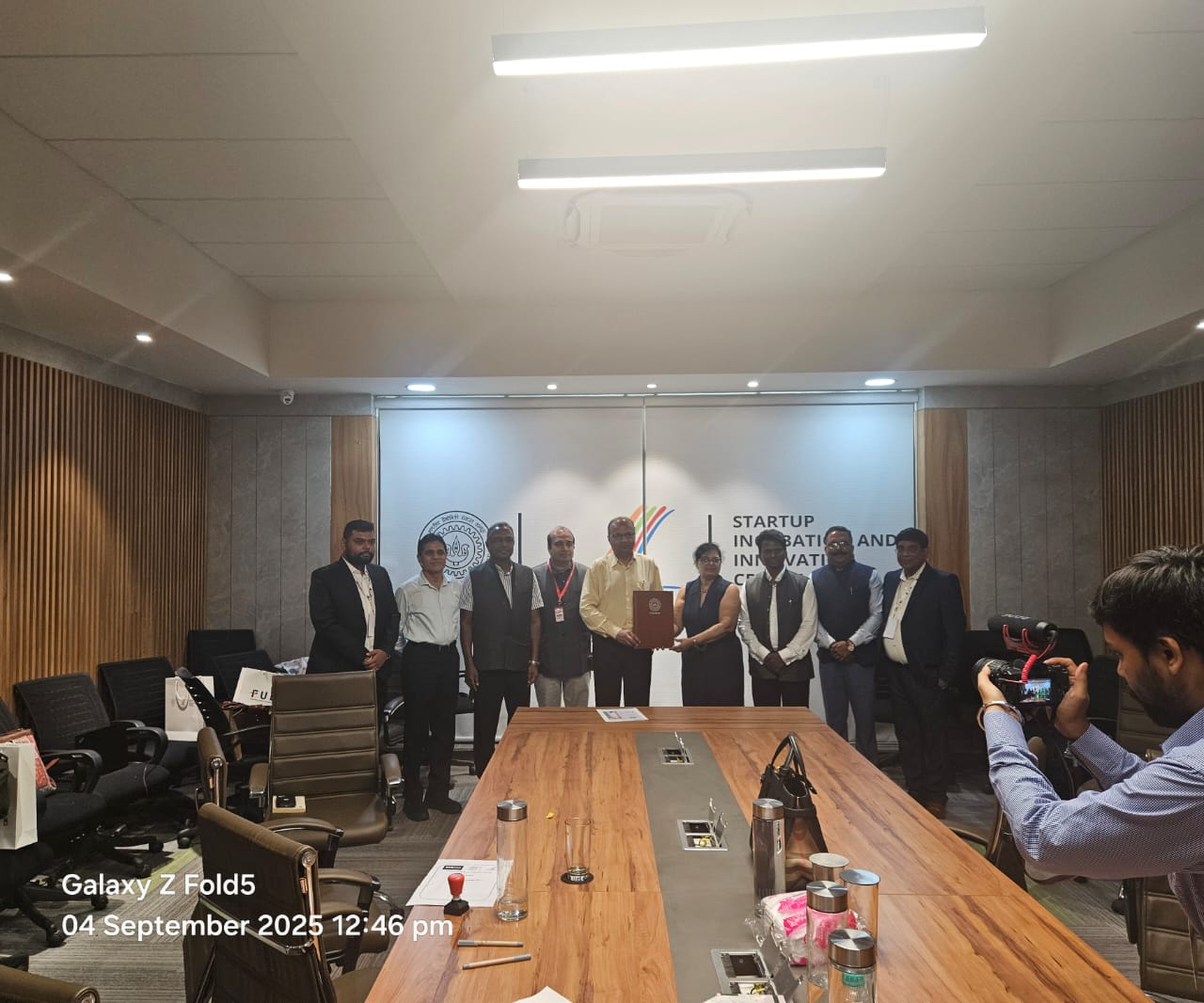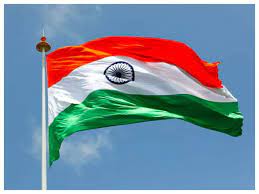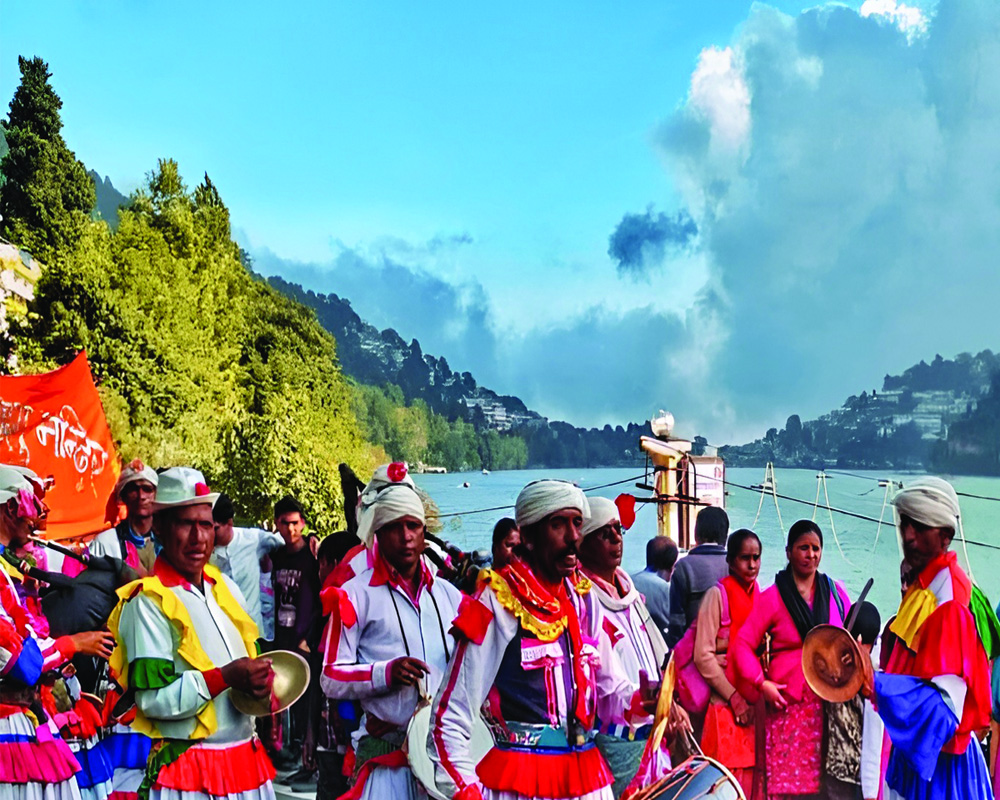Jinnah would not have enjoyed being the head of Pakistan for long. He delighted himself mixing with the elite, whether Parsee, Hindu or Muslim
What Akhilesh Singh of the Samajwadi Party and Rajbhar Singh of SBS Party said about Mohammed Ali Jinnah being offered the first prime ministership of India to avoid Partition is incorrect. The offer was made by Gandhiji and was not supported by Jawaharlal Nehru and Sardar Patel or anyone else in the Congress. Jinnah did not even care to reply. He wanted a place in history’s hall of fame which he could do best by finding a new country. According to his brother Ahmed Ali, Jinnah was obsessed with becoming the numero uno, nothing less or lower. Ahmed had said this to his friend and my grandfather Dharamdas Vora in 1946.
Holding a post can be a fleeting phenomenon as with any ministership while finding a nation is forever. In any case, the atmosphere amongst Muslims was so charged that they would have accused Jinnah of selling out himself to the Hindus. And certainly not followed him into remaining in India. Also, remember, Jinnah’s health was generally known to be on its last legs; although everyone might not be aware of him suffering from tuberculosis. Compare prime ministership for one or two years with being the founder of a nation for eternity. Which one would an intelligent person prefer? I would go to the extent of saying that Jinnah would not have enjoyed being the head of Pakistan for long. He delighted himself mixing with the elite, whether Parsee, Hindu or Muslim. Rubbing shoulders with the common folk was not for him, who wore mostly Savile Row (London) hand tailored suits and English or Swiss shoes. His fancy for these items of attire was so great that he had himself buried in a suit and such shoes and not in pyjamas and a sherwani.
On his return from England to take over the Muslim League as President for life, he got down to building a magnificent bunglow which is still well known as Marble House on Malabar Hill, Bombay. As Claude Batley, its English architect told Hector Bolitho, Jinnah’s first biographer, “He insisted on choosing the colours of the marble for the terrace, and standing by when the pieces of stone were fitted, much to the annoyance of the Italian stone masons doing the work.” Besides the Italian stonemasons, Jinnah also hired a Muslim clerk of works, an English builder and a Hindu plumber.”
People including the Muslim League members gossiped that when Jinnah moved in 1940, he was no longer Qaid but Qaid-e-Azam. That was how his admirers were impressed by the talk, if not also the sight, of the Marble House. It was rumoured to be worth Rs. 20 lakhs in 1941. Sri Prakasa, as Governor of Bombay came away impressed, he said, “I do not wonder that Mr Jinnah’s heart even as Governor General of Pakistan, was not in his Government House in Karachi, but in his house in Malabar Hill in Bombay.”
Such a person could not fight for Pakistan with his heart in it. Remember, until he returned from London in 1935, there were no politics in his life. And until 1928, he attended the plenary session at Calcutta and felt insulted; he had been a Congressman. So much so that Sarojini Naidu, the poetess politician had described Jinnah as the best ambassador of Hindu-Muslim unity. His heart was in his law and its practice. He was reputed to be the highest paid barrister in the British Empire. He had presided over a function in Bombay to welcome Gandhi when he finally returned to India in the year 1915. When Gandhi got up to reply, he began by saying that he was so happy because he was welcomed by a Mahomedan leader. Jinnah publicly showed his irritation, if not also his anger, at reference to his religion for no rhyme or reason.
According to his brother Ahmed, they were culturally Parsee and not committed Musalmans. They did not pray and did not know how to offer namaz. They ate and drank what they liked. Mohammed Ali loved pork sandwiches and ate them openly. They enjoyed whisky soda in the evening before dinner. His wife, Ruttie, was a Parsee until she died; his only child married a distinguished Parsee called Neville Wadia.
Campaigning for the 1945/46 general elections, he had stopped to make a speech at Jalandhar. Pran Chopra, who later became Editor of The Statesman, was then reporting on the election campaign. In the middle of the speech, reported Chopra, the azan (call to prayer) was heard. So the crowd retired for namaz. Jinnah remained on the stage, sat down, reached out to his achkan pocket and pulled out his cigar and smoked until the crowd returned and later resumed his speech in eloquent English (Jinnah knew only English and Gujarati). How much the Jalandhar crowd understood, no one knows.
(This is part of an ongoing series on Indian Partition. The writer is a well-known columnist, an author and a former member of the Rajya Sabha. The views expressed are personal.)
(Courtesy: The Pioneer)








 OpinionExpress.In
OpinionExpress.In















Comments (0)